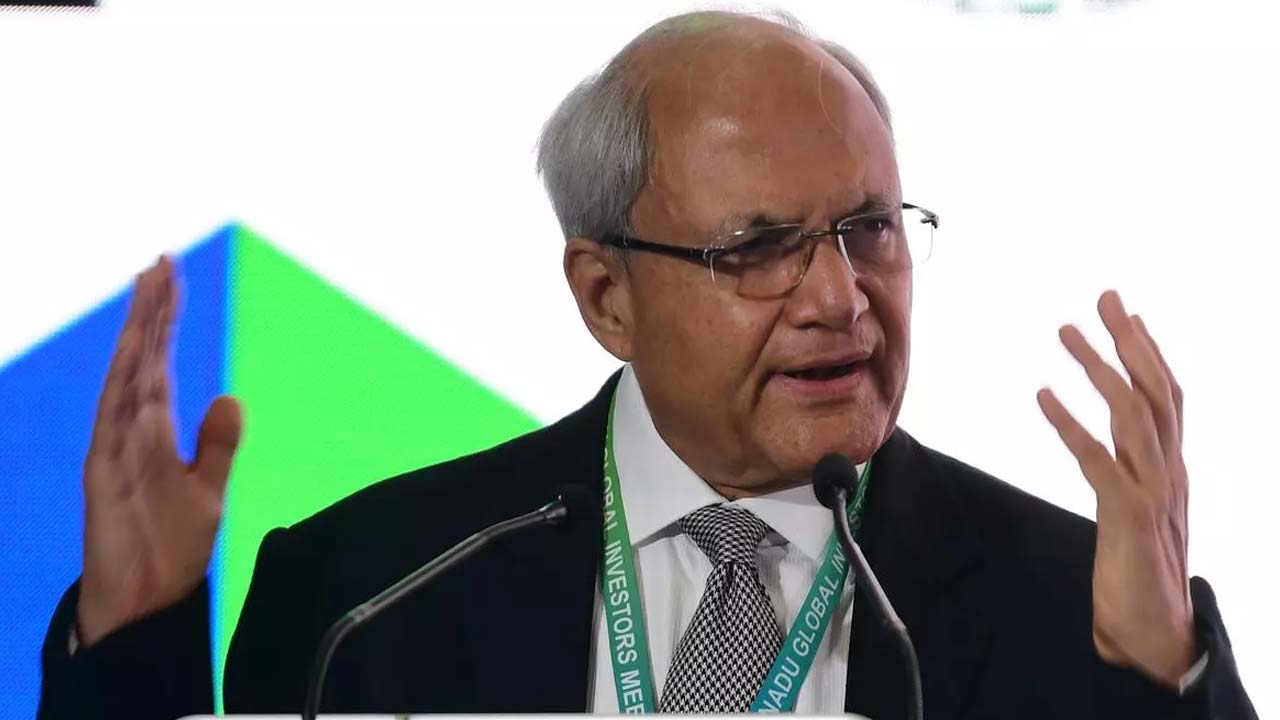
Ajai Chowdhry, co-founder of HCL and Chairman of the Mission Governing Board for the National Quantum Mission (NQM), advocates for India to leverage US President-elect Donald Trump’s proposed tariffs on Chinese goods as an opportunity to ramp up electronics hardware manufacturing within the country and export these products to the US.
Speaking with 'business line', Chowdhry highlighted the importance of establishing India as a hub for hardware manufacturing, noting the absence of significant Indian electronics brands in the market. He emphasized the potential of India to create a competitive advantage by capitalizing on Trump’s plan to impose a 60% duty on Chinese imports and a 20% duty on other foreign products.
“India is seen as a trusted source by the US. By manufacturing products in India and exporting them, we could benefit from a 40% tariff advantage,” Chowdhry explained. “This could open up significant opportunities in the US market. Imagine the impact of designing and manufacturing in India – it’s an approach we should adopt across the nation.”
Chowdhry also discussed the current state of India’s production-linked incentives (PLI) scheme for hardware, which he believes is resulting in minimal value addition. He stressed the need for India to focus on creating homegrown brands with higher value-added products.
“Currently, the value addition in hardware manufacturing in India is quite low, with increments of just 5%, 10%, or 15%. We need to shift toward higher value creation through design. If we focus on designing and manufacturing in India, we can build brands that not only cater to the domestic market but also expand globally,” he stated.
Chowdhry expressed concern over the country's service-driven economy and the lack of emphasis on hardware manufacturing. He mentioned his initiative, the EPIC Foundation, which aims to transform India into a hardware product nation.
“One of our key actions with the government was advocating for repairable electronics in India, aligning with the global ‘right to repair’ movement. We also submitted a report on semiconductor fabrication plants to the government a few months ago,” he shared.
The foundation’s proposal suggests incentivizing the design of products and chips in India to meet local needs. Chowdhry believes that government support for Indian companies, particularly through procurement, could stimulate domestic value addition and foster the development of Indian brands.
Regarding the National Quantum Mission, Chowdhry revealed that the four independent Section 8 companies associated with the mission are ready to launch in the coming week. These companies will be governed by a board with both private sector and government representation, marking the beginning of several key initiatives under the mission.




















